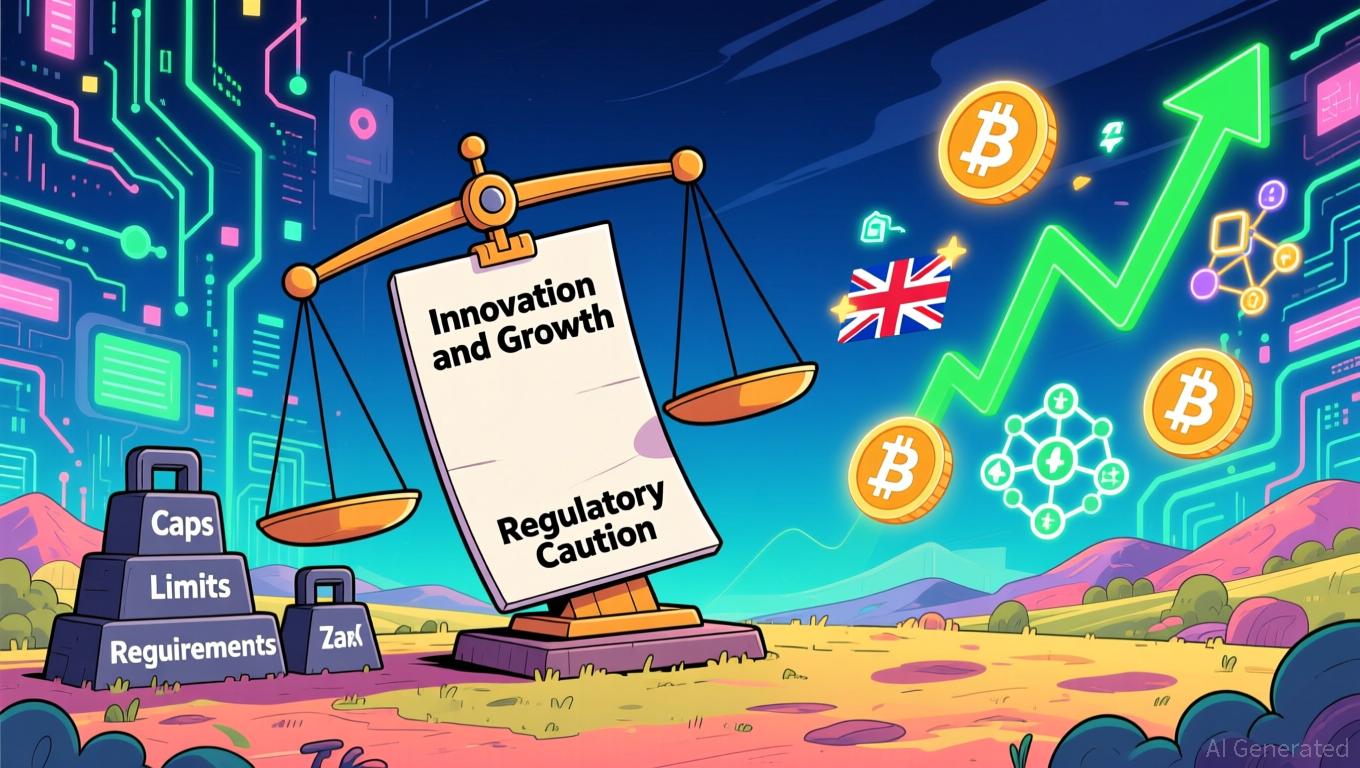Zero-Knowledge Startup Secures $9M Funding, Introduces Gamified Verification to Bridge Privacy and Compliance
- Zero-knowledge identity protocol Self raised $9M in seed funding led by Greenfield Capital and SoftBank's fund, alongside angel investors like Casey Neistat and Polygon's Sandeep Nailwal. - The startup launched a points program incentivizing on-chain identity verification using ZKPs and verifiable credentials, partnering with Google , Aave , and Velodrome to bridge privacy-compliance gaps. - By enabling biometric passport verification and Aadhaar integration without exposing sensitive data, Self aims to
Zero-Knowledge Identity Startup Self
Self, a zero-knowledge identity protocol trusted by industry leaders such as
The company’s platform utilizes zero-knowledge proofs (ZKPs) and verifiable credentials to offer privacy-focused identity checks. This allows users to validate details such as age or uniqueness without revealing private information—a crucial capability for use cases like Sybil-resistant airdrops and OFAC-compliant token distributions. The protocol accommodates verification through biometric passports, government-issued IDs, India’s Aadhaar, and mobile onboarding with Self Connect.
The newly introduced points system incentivizes users to complete identity verification and engage with affiliated platforms. Rewards are expected to increase as more integrations are added,
Self’s solution is already in use by Google, Aave, and Velodrome, highlighting its relevance in both decentralized finance (DeFi) and enterprise settings. The startup aims to connect the privacy priorities of Web3 with established identity systems, providing tools that meet regulatory standards while safeguarding user anonymity.
The $9 million funding comes amid rising interest in ZKP-powered technologies, fueled by the need for scalable privacy solutions in blockchain. Investors emphasized the protocol’s ability to simplify identity checks and reduce the risk of data leaks. “Zero-knowledge proofs are transforming digital trust,” commented a representative from one of the lead investors, though further remarks were not included in the materials provided.
With this capital, Self intends to broaden its platform’s features and partner network. The points initiative reflects its approach to gamifying verification, aiming to drive wider adoption of decentralized identity systems. As blockchain technology evolves, offerings like Self’s may become essential in reconciling regulatory demands with privacy—a challenge that has slowed mainstream crypto uptake.
Disclaimer: The content of this article solely reflects the author's opinion and does not represent the platform in any capacity. This article is not intended to serve as a reference for making investment decisions.
You may also like
Airdrop Combines Equities and Internet Memes to Draw in Individual Investors
- Datavault AI (DVLT) and Scilex (SCLX) will airdrop Dream Bowl 2026 meme coins to shareholders on December 8, aiming to attract retail investors through stock-meme fusion. - The one-meme-per-share distribution triggered a 4.91% pre-market stock surge for DVLT , while short sellers face mandatory meme coin delivery obligations post-November 24 ex-dividend date. - The initiative builds on a $150M Bitcoin partnership with Scilex, leveraging blockchain trends and aligning with broader market optimism for cryp
UK’s Conservative Approach to Stablecoin Regulation May Leave It Lagging Behind International Competitors
- UK regulators propose strict stablecoin caps (£20k/individuals, £10m/businesses) and 60% UK debt backing to mitigate risks, sparking concerns over stifled innovation. - Critics argue 40% unremunerated central bank deposit requirement threatens UK competitiveness against US and Singapore's more flexible frameworks. - Global rivals like the US (GENIUS Act) and EU (MiCAR) advance stablecoin adoption, while UK's delayed finalization risks losing first-mover advantage in digital finance. - Industry leaders ur

UNI token rises after governance proposal for fee switch
Singapore tests tokenized government bonds and prepares stablecoin legislation for 2026
